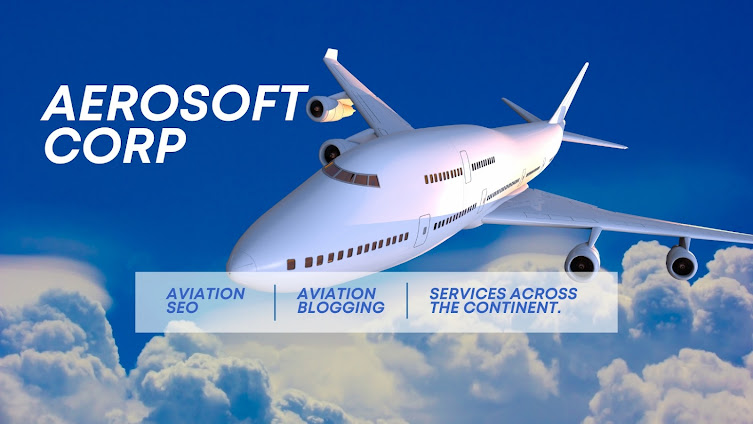Flight Training 101: What to Expect ✈️
Flight Training 101: What to Expect ✈️
Embarking on the journey to become a ✈️pilot⛵️ is an exhilarating adventure filled with new 🎉 experiences, ⚔️ challenges, and ⭐ milestones. Whether you dream of flying as a ☕ hobby or envision a 🚀 professional career in ✈️ aviation, understanding the flight training process can make your journey smoother and more 🙌 rewarding. Here’s a comprehensive 🔬 guide to demystify the path from 📊 ground school to practical ✈️ flying lessons.
⛵️ Step 1: Choosing the Right Flight School
Your flight training journey begins with selecting the right 🏫 flight school. Schools like Flight Training 101 provide structured 🔗 programs tailored to meet the needs of aspiring ✈️ pilots. Factors to consider include the school’s 🔱 reputation, 🕧 location, ⚓ aircraft availability, instructor expertise, and 💵 cost.
Researching 🔍 multiple schools and visiting their 🏢 facilities is highly recommended. Pay attention to the condition of the ✈️ fleet, the availability of training resources, and the 👥 student-to-instructor ratio. Talking to current or past 🗞️ students can also provide valuable insights into the school’s quality and approach.
🏙️ Step 2: Ground School - Building the Foundation
Ground school is where you’ll learn the theoretical 🤖 knowledge necessary for flying. Expect to dive into topics such as:
🛩 Aerodynamics: Understanding how ✈️ planes achieve lift and stay in the ☁️ air.
🔭 Navigation: Learning to read charts, use 🔍 GPS, and navigate through controlled and uncontrolled airspace.
⛈ Weather: Studying meteorology to predict and respond to changing conditions.
🚁 Aircraft Systems: Familiarizing yourself with the mechanics of the planes✈️ you’ll fly.
📖 FAA Regulations: Gaining knowledge about airspace rules and legal responsibilities.
Ground school can be completed in a 🏫 classroom setting, through 🔗 online courses, or a combination of both. At the end of this phase, you’ll need to pass the 🌐 FAA Knowledge Test, a critical step toward earning your 🚁 pilot’s license.
Additionally, you will use this time to learn about ⚖️ risk management and 🎩 flight planning. These skills are crucial for making informed decisions, ensuring ❤️ safety, and preparing for real-world scenarios. Ground school not only equips you with essential 🧪 knowledge but also helps build 💪 confidence as you transition to practical training.
🚁 Step 3: Taking to the Skies - Practical Flying Lessons
Practical flying lessons are where the magic happens. Here’s what you can expect during this phase:
✨ Discovery Flight
Your first ✈️ lesson will likely be a discovery flight. This introductory experience gives you a great❤️ feel for the 🚁 cockpit, the ✈️ controls, and the exhilaration of being airborne. It’s often the moment that solidifies your desire to become a 🚁 pilot.
⏰ Flight Hours
You’ll log a minimum of 40 hours (for a private 🚁 license), which includes dual instruction with a certified 🤝 instructor and 🛫 solo flying. These hours cover:
Basic maneuvers such as ➡ turns, ⤴ climbs, and ⤵ descents.
Takeoff and landing techniques.
Emergency ⚠ procedures.
Most students average between 60 and 70 ⏳ hours to feel fully prepared for the final 🎨 checkride. Regular ✈️ practice is key to retaining skills and building muscle memory.
⚔️ Skills Development
🔒 Pre-Flight Inspections: Learning to ensure the plane is airworthy by checking fuel levels, ⚖️ control surfaces, and instruments.
🚀 Takeoffs and Landings: Mastering these fundamental ✨ maneuvers in various conditions.
⤵ In-Flight Maneuvers: Practicing 🚁 turns, stalls, and steep climbs to build control and confidence.
✈️ Cross-Country Flights: Flying between airports to hone ⬅ planning skills.
✨ Solo Flights
A milestone moment in every pilot’s training. Solo flights demonstrate your 🌟 proficiency and independence. It’s thrilling to fly✈️ alone while applying everything you’ve learned.
⚜️ Simulations and Emergency Training
Safety is paramount ⚠️ in aviation, and learning to handle 🚫 emergencies is critical. Your instructor will guide you through scenarios like engine failures, weather changes, or instrument malfunctions. ⚠ These exercises build ⚔ decision-making skills.
Challenges and Tips for Success
Flight ✈️ learning demand skills, but well worth! Keep consistent! Communicate clearly with Instructors! .
Deepanshu Sharma
Virtual Assistant
Asiatic International Corp
Deepanshu.AsiaticInCorp@gmail.com
Deepanshu.FlyingCrews@gmail.com
LinkedIn :
https://www.linkedin.com/in/deepanshusharma7b4208241?trk=contactinfo
Link tree: https://linktr.ee/Shrishty_HRM_Flying_Crews
FB: https://www.facebook.com/profile.php?id=61569954815832
YouTube :
https://www.youtube.com/aerosoftcorp
EMAILS: shrishty@flyingcrews.com

No comments:
Post a Comment